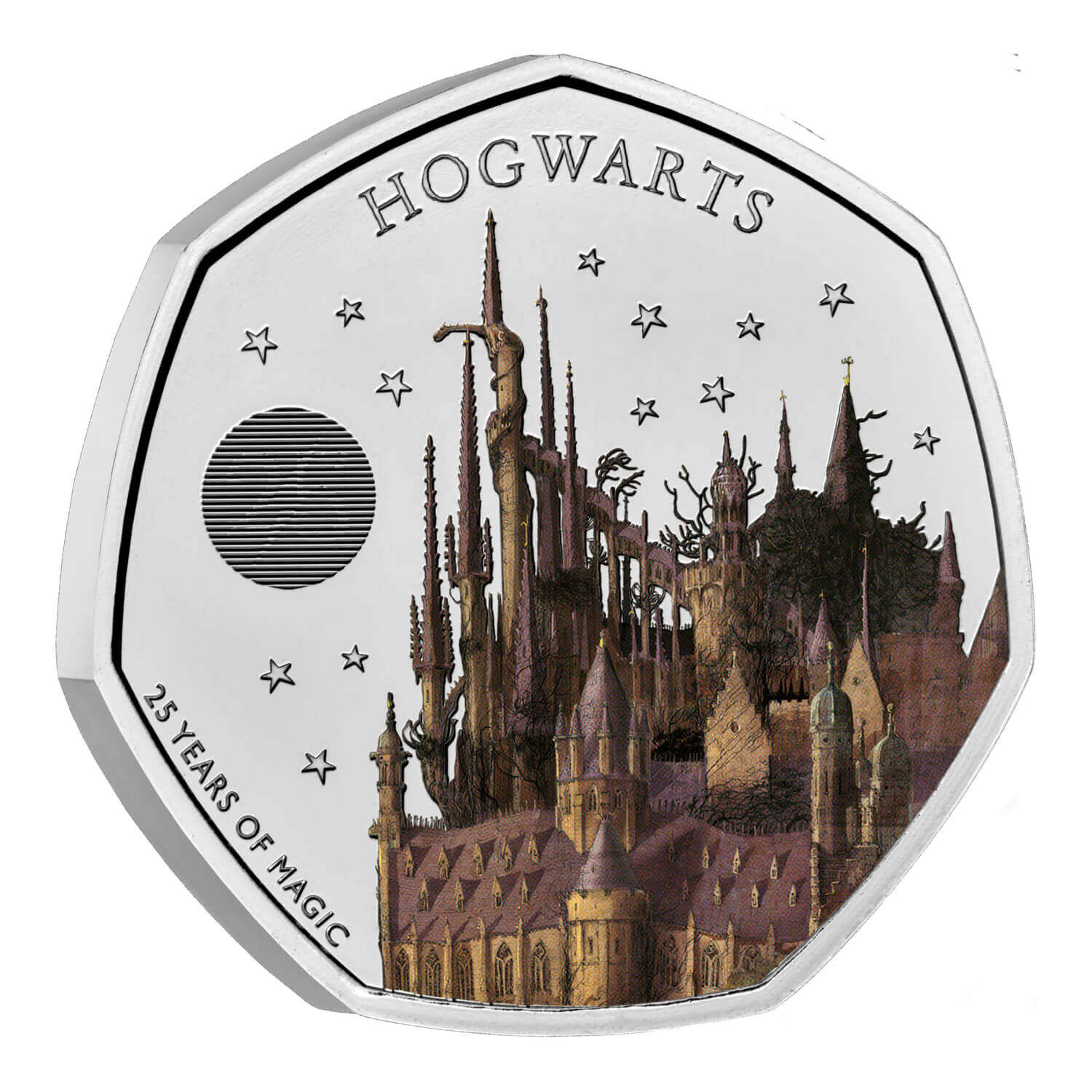
I’ve been collecting rare coins and bank notes for years, and have a great collection that could send a dinner party to sleep before the main course is served. Yet I’m now worried that my hobby – called numismatics – is over as we go digital.
What is numismatics?
According to the Corporate Finance Institute, it is someone who collects “coins, tokens, and other coin-like objects that people used as currencies throughout history”. Specifically, “the study is concerned with the physical aspects associated with the objects, including their appearance, year of production, metallurgy, place of manufacture, and the characteristics of the political, economic, and historical environment during the time of production”.
Key word in that sentence is ‘physical’.
As we move everything to digital, the physical manifestation of money is becoming irrelevant. Sure, you could buy an NFT (Non-Fungible Token) of a bank note, but is it worth it anymore?
Bank notes used to be works of art that were representing countries, economies and governments. For those who know me, I love that and have blogged about it regularly, and even picked up $100 trillion bank note at one point.
Many bank notes have images of leaders of the cournties they represent, their culture, their heritage, their nature and more. You only have to look at the best banknote in the world competition – yes, it does exist! – to see what I mean.
Bank notes are illustrations of our world and context … but now they are all going to be digitalised. They will just be 1’s and 0’s in a CBDC network. In many ways, I see the end of banknotes and coins as a similar move to the end of stamps. Who sends a letter in the post anymore?
Strangely enough, if you do send a letter in the post, it stands out more. Why? Well, send an email and it’s just a click; writing a letter takes effort. A hand-written letter received in the post shows that you care.
I’m of that age where it p’s me off that I’ve stopped sending Christmas cards, and that the process has been replaced by the Christmas round-robin email.
The key here is that, as digital replaces all things physical, we lose something of ourselves. We lose something of our cultural identity; our history; our sense of being; our sense of being who we are and why.
It begs a range of questions about whether digitalisation is improving our world which, as those who me, I think it is. But a bit like losing some identity and cultural aspects, digitalisation commoditises everything.
Final thought on this one is just to look at good old vinyl.
As a teenager, I loved going to the local record shop and buying the latest releases. The album covers of my youth were incredibly special. Now, we just stream the tracks and an investment in musical artforms has become worthless … or has it?
Over the past decade, vinyl records have made a major comeback. People purchased US$1.2 billion of records in 2022, a 20% jump from the previous year. Not only did sales rise, but they also surpassed CD sales for the first time since 1988, according to a new report from the Recording Industry Association of America.
Source: The Conversation, March 2023
Maybe the same will happen with banknotes and stamps.
All in all, there is a value in these things if, for no other reason, that much of the developments of stamps, notes and music are art forms.
If you want to take this to an extreme, just look at wine. The artwork of Chateau Mouton Rothschild is legendary, and includes wine labels created with Picasso, Francis Bacon, Jeff Koons and even King Charles.
Physicality, in terms of artwork on our traditional forms of exchange and culture, has value. Sure, you can NFT it, but it’s not the same. Feel free to debate …
Chris M Skinner
Chris Skinner is best known as an independent commentator on the financial markets through his blog, TheFinanser.com, as author of the bestselling book Digital Bank, and Chair of the European networking forum the Financial Services Club. He has been voted one of the most influential people in banking by The Financial Brand (as well as one of the best blogs), a FinTech Titan (Next Bank), one of the Fintech Leaders you need to follow (City AM, Deluxe and Jax Finance), as well as one of the Top 40 most influential people in financial technology by the Wall Street Journal's Financial News. To learn more click here...

